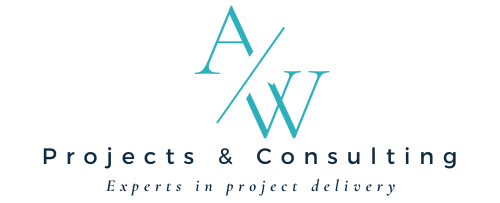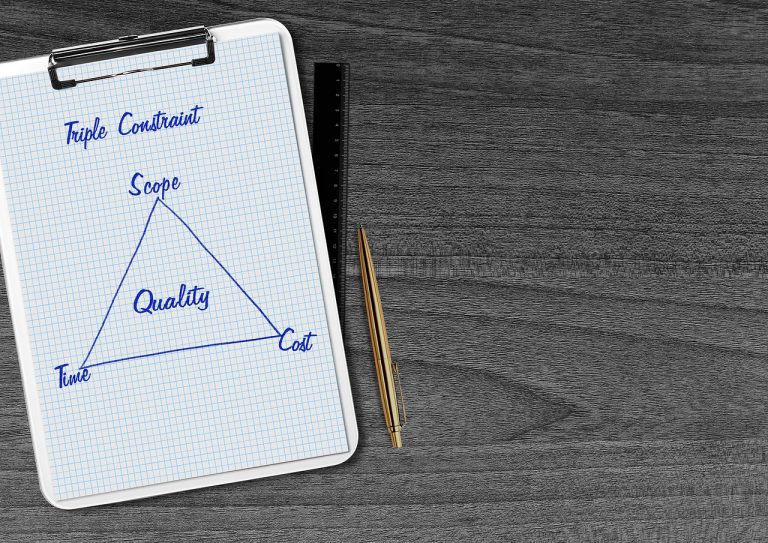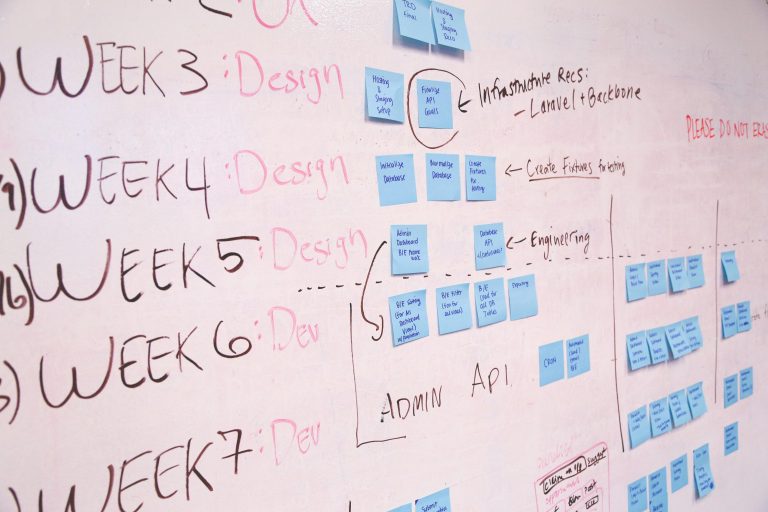The Procurement Playbook: Optimizing Project Outcomes
In the realm of project management, effective procurement and contract management are essential components that can significantly influence project outcomes. From sourcing the right resources to ensuring compliance with legal requirements, adept management in these areas is critical for achieving project goals efficiently and within budget. This article explores the pivotal role of procurement and contract management in project success and offers practical tips to manage them effectively.
Understanding the Importance of Procurement and Contract Management
- Resource Acquisition and Allocation:
- Procurement: Procurement involves acquiring goods, services, or resources necessary for project execution. It ensures that the right resources are sourced at the right time and cost-effective terms.
- Contract Management: Effective contract management ensures that agreements with vendors, suppliers, or contractors are well-defined, legally sound, and adhered to throughout the project lifecycle.
- Risk Mitigation and Compliance:
- Procurement: Proper procurement practices mitigate risks associated with supplier reliability, quality, and delivery timelines. It ensures continuity of supply and reduces project disruptions.
- Contract Management: Managing contracts effectively mitigates legal and financial risks. It ensures that all parties fulfill their obligations, and disputes are resolved swiftly through established mechanisms.
- Cost Control and Budget Adherence:
- Procurement: Strategic procurement practices optimize costs through competitive bidding, negotiation, and supplier selection based on value for money. It supports budget adherence and cost control.
- Contract Management: Monitoring contract performance and expenditures against agreed terms helps prevent cost overruns and ensures financial discipline throughout the project.
- Supplier and Stakeholder Relationships:
- Procurement: Building strong relationships with suppliers fosters collaboration, reliability, and responsiveness. It enhances supplier performance and supports timely project delivery.
- Contract Management: Effective contract management involves engaging stakeholders and maintaining transparent communication. It builds trust and alignment with project objectives.
Tips for Effective Procurement and Contract Management
- Define Clear Procurement Objectives:
- Tip: Clearly define project requirements and procurement objectives. Establish criteria for vendor selection based on quality, cost, delivery, and compliance considerations.
- Conduct Thorough Market Research:
- Tip: Research and assess potential suppliers or vendors. Understand market conditions, supplier capabilities, and industry standards to make informed procurement decisions.
- Develop Comprehensive Procurement Plans:
- Tip: Create detailed procurement plans that outline sourcing strategies, timelines, budgets, and risk management strategies. Involve relevant stakeholders in planning and decision-making.
- Use Effective Negotiation Strategies:
- Tip: Employ negotiation techniques to achieve favorable terms and conditions. Focus on mutual value creation while maintaining a balance between cost, quality, and delivery requirements.
- Implement Robust Contract Administration:
- Tip: Establish clear contract terms, milestones, deliverables, and performance metrics. Monitor contract compliance, manage changes effectively, and document all communications and agreements.
- Monitor Supplier Performance:
- Tip: Monitor supplier or contractor performance against agreed-upon metrics. Conduct regular performance reviews and address any issues promptly through constructive feedback and corrective actions.
- Manage Risks Proactively:
- Tip: Identify potential risks associated with procurement and contracts early. Develop contingency plans and mitigation strategies to minimize disruptions and ensure project continuity.
- Ensure Legal and Regulatory Compliance:
- Tip: Stay informed about relevant laws, regulations, and contractual obligations. Ensure all procurement and contract management practices comply with legal requirements and organizational policies.
Conclusion
Procurement and contract management are indispensable elements of successful project management, influencing project timelines, costs, and outcomes. By adopting strategic approaches, leveraging relationships, and maintaining meticulous oversight, project managers can optimize procurement processes, mitigate risks, and foster collaborative partnerships with stakeholders. Implement these tips to enhance your procurement and contract management practices, ensuring streamlined operations, cost-efficiency, and sustainable project success. Remember, effective management in these areas is key to achieving project objectives and delivering value to stakeholders consistently.







